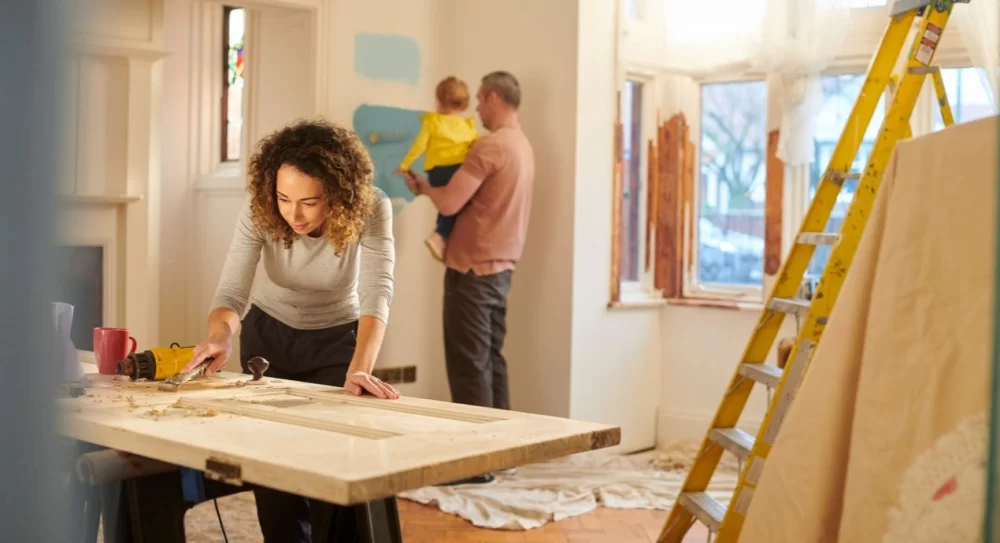
- Understanding a Fixer-Upper Home
- Advantages and Drawbacks of Buying a Fixer-Upper
- How to Evaluate the Condition of a Fixer-Upper
- Budgeting for Renovations: What to Consider
- Choosing the Right Contractor for Your Project
- Real-Life Case Study: A Fixer-Upper Success Story
Understanding a Fixer-Upper Home
When looking for a new home, you may come across properties labeled as "fixer-uppers." These homes are typically sold at a lower price because they require significant repairs or renovations. While the idea of buying a fixer-upper can be enticing, it's crucial to understand what you're getting into before making a purchase. A fixer-upper is often a property that needs updating or repairs ranging from cosmetic changes to structural fixes. However, with the right approach, these homes can turn into beautiful, personalized spaces.
Advantages and Drawbacks of Buying a Fixer-Upper
Buying a fixer-upper comes with both advantages and drawbacks. On the positive side, these homes are often priced lower than move-in-ready properties, offering an opportunity to build equity. You also have the chance to customize the home to your liking. However, there are risks involved, such as unexpected repair costs and the time commitment required for renovations. If you're not careful, the costs of fixing up a home can quickly exceed the price of buying a more expensive, move-in-ready property.
How to Evaluate the Condition of a Fixer-Upper
Before purchasing a fixer-upper, it's essential to thoroughly evaluate the condition of the property. Start by hiring a professional home inspector to assess the home's structure, plumbing, electrical systems, and roof. Pay attention to any signs of water damage, foundation issues, or pest infestations. Understanding the extent of repairs needed will help you estimate renovation costs accurately. Additionally, consider the location of the home, as this can influence future property values.
Budgeting for Renovations: What to Consider
One of the most critical aspects of buying a fixer-upper is budgeting for renovations. It's easy to underestimate the cost of repairs, especially if you're not familiar with the process. Start by obtaining quotes from contractors for the specific repairs you'll need. Don't forget to factor in hidden costs like permits, unforeseen repairs, and project delays. Setting aside a contingency fund of around 10-20% of your renovation budget is a smart strategy to handle unexpected expenses. Be realistic about what you can afford and be sure to account for the time it will take to complete the renovations.
Choosing the Right Contractor for Your Project
Hiring the right contractor is essential for a successful fixer-upper project. Look for contractors with experience in the type of renovations you need. It's also important to check their credentials, including licenses, insurance, and references from previous clients. Take the time to interview multiple contractors and get detailed written estimates before making a decision. A good contractor will not only help with the technical aspects of the renovation but also guide you through the process to ensure your vision becomes a reality.
Real-Life Case Study: A Fixer-Upper Success Story
To illustrate how a fixer-upper can turn into a dream home, let's consider a real-life case study. Sarah and John bought a home that needed extensive repairs, including a new roof, rewiring, and plumbing updates. Although the initial budget was tight, they carefully planned their renovations and took on some DIY tasks themselves. Over the course of six months, they worked with a trusted contractor to bring the home back to life. Today, the property is not only structurally sound but also beautifully designed, offering Sarah and John a home that they could not have afforded in its original condition. Their success story highlights how patience, planning, and careful budgeting can turn a fixer-upper into a personal sanctuary.








